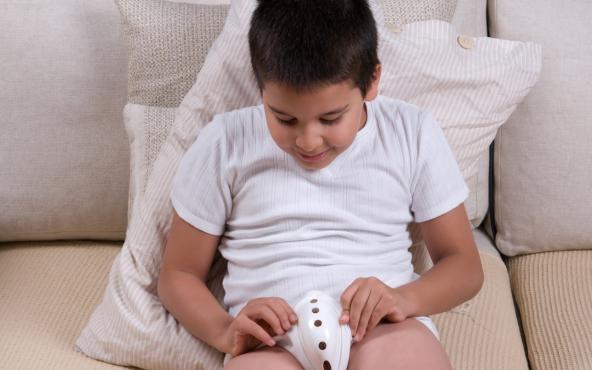We're hiring ! Join us and make a difference in our hospitals
Anaesthesia (Pediatric)
Contact
Our role
The Anaesthesia Department plays a central role in caring for patients who have to undergo surgery or an examination under anaesthetic.
- At the preoperative stage, the anaesthetist examines the patient, adapts the treatment and possibly prescribes examinations. He or she plans the safest and most appropriate anaesthesia while preparing the child and family, giving explanations and instructions and answering questions.
- During the procedure, the anaesthetist ensures that the child is in a deep sleep, comfortable and ready to undergo the operation or examination. The anaesthetist monitors and supports essential bodily functions.
- Following intervention, the anaesthetist ensures that all runs smoothly during the post-operative phase, continuing to monitor essential bodily functions and preventing and treating pain and nausea.
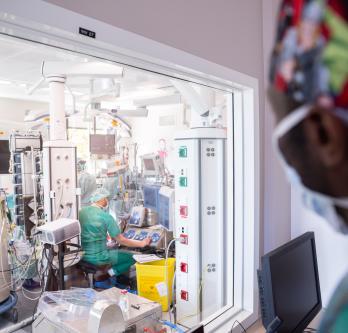
Our specialities
The Anaesthesia Department carries out all types of anaesthesia:
- General anaesthesia with our without locoregional anaesthesia, that is, when a specific body region is anaesthetised whether at the day hospital or for intermediate or heavy or long surgery.
- Sedations, that is, less deep anaesthesia for examinations that are not painful but which require the child to remain calm and still.
The anaesthetists in our team have expertise in paediatrics and more specifically in:
- Neonatal anaesthesia for diaphragmatic hernias, oesophageal atresia, etc.
- Paediatric cardiac anaesthesia
- Mini-invasive procedures (e.g.: laparoscopies, thoracoscopies)
- Post-operative pain relief using advanced techniques
- Care for patients presenting specific pathologies such as chronic, congenital and syndromic pathologies that require an anaesthetic
The team also treats patients who require particular access routes, such as difficult perfusions, central venous lines or PICC lines. The latter two are catheters placed in the veins that are of larger calibre and through which medicines can be administered during a longer period.
Our Team
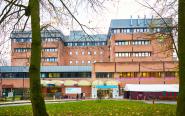
Our medical specialists
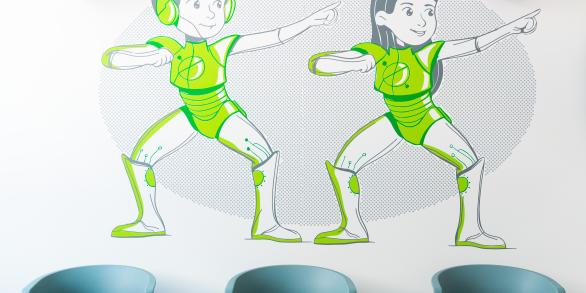
Focus
All team members are used to caring for children of all ages and adapt their approach accordingly. The emphasis is placed on distraction (decors, games, music, discussions, etc.) and adequate accompaniment for patients in the operating theatre.
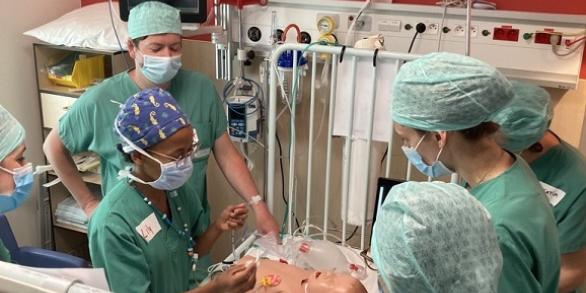
Teaching
The HUDERF welcomes interns studying to become anaesthetists. They are accompanied and supervised by experienced members of staff, thereby acquiring and reinforcing their expertise in paediatric anaesthesia. They play a full part in patient care and you will encounter them during consultations, in the operating room and in the hospital wards with patients during the post-operative period.
